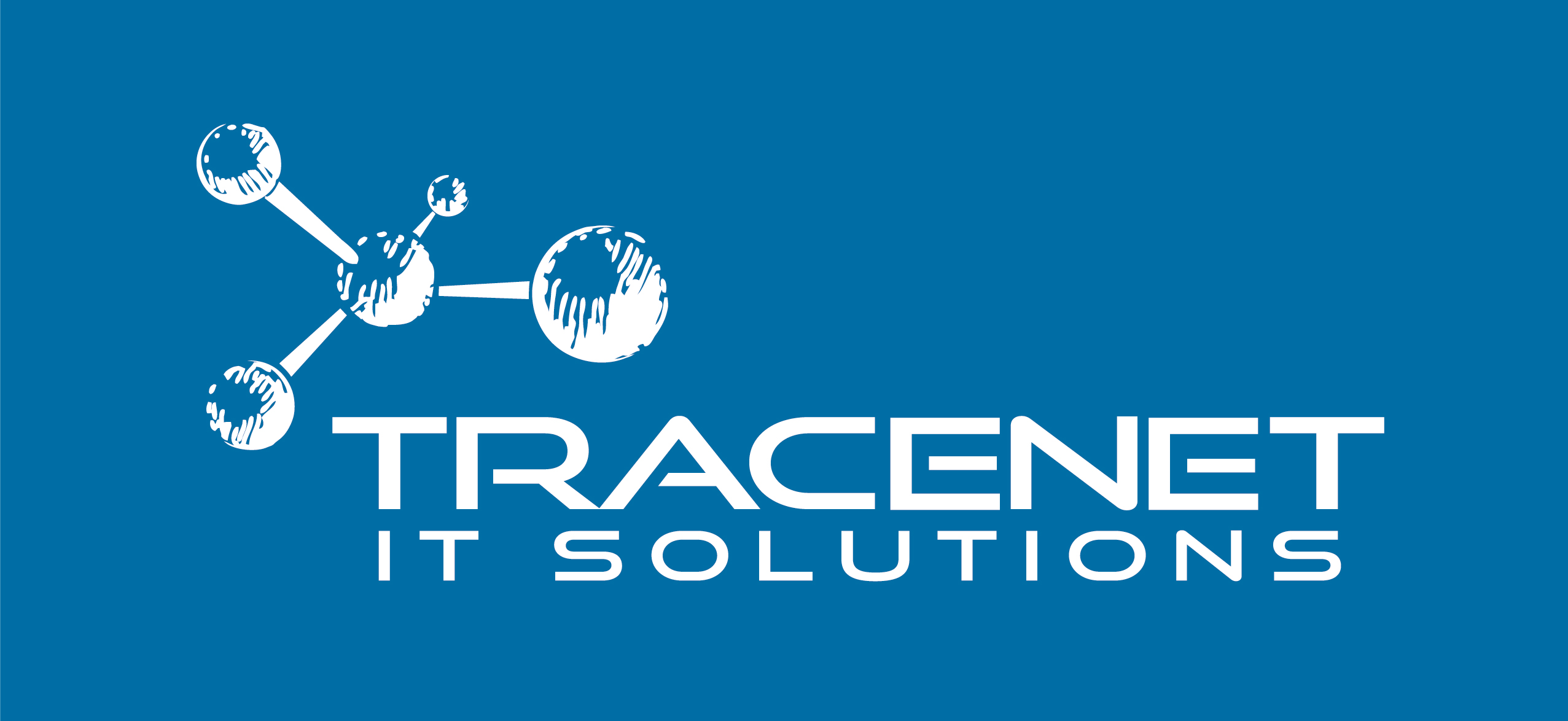Firewalls can provide different levels of protection. The key is determining how much protection you need.
Contact us and request your project
Tracenet IT Solutions is a company specialized in consulting, managed services, training and integration of solutions in Information Technology and Telecommunication. It has been operating in the market since 2008, being certified and recognized by the main IT and Telecom manufacturers.
The company has offices in Rio de Janeiro, São Paulo, Santa Catarina and Florida – USA.
Firewall
Functionalities and Benefits
An IPS is a network security and threat prevention technology that monitors your network traffic, detects and prevents malicious activities based on signatures.
Built-in recognition of applications in order to detect and restrict certain applications and helping to prevent hacking attacks.
A fault tolerant environment with two or more firewalls in cluster prevents service interruption maintaining the network operation by the other firewalls in HA (High Availability).
Prevent disruption of network connections and applications by monitoring WAN links.
Solution that offers visibility into network traffic and capability to take actions, protecting, providing multi-paths to better control of VPNs and advanced routing.
Services
Security
Mobility
Enterprise Network Project
Collaboration and Unified Communication
Digital Transformation
Data Center
A next-generation firewall (NGFW) is a network security device that provides capabilities beyond a traditional firewall. They have more levels of security, helping you to anticipate attacks, act previously and simplify processes.
For more information
Testimonials
Whatever you need in IT, we have the solution.
Our main goal is to ensure the business and productivity of our customers. We work together to make your plans and projects a reality. Do you need excellence, care and qualified professionals? Simplify your operations and gain the benefits of the most advanced technology by hiring our expertise
FAQ
Read our FAQ
A firewall is a security system that monitors and controls incoming and outgoing network traffic based on predetermined security rules. A firewall can be implemented as hardware, software, or a combination of both.
A firewall works by inspecting the incoming and outgoing network traffic and allowing or blocking it based on a set of rules. These rules can be based on various criteria such as the source and destination of the traffic, the type of traffic, and the port being used.
There are several benefits of using a firewall, including:
Yes, it’s possible, but this typically requires a high level of technical expertise and specialized tools. To prevent this from happening, it is important to regularly update firmwares and signatures, also keep the maintenance of the firewall up to date, and always use strong and unique passwords for all accounts.
No, a firewall and an antivirus are two different types of security software, still a Firewall can have Antivirus signatures to check the network traffic and prevents viruses and worms from spreading abroad the network. A firewall is designed to protect a network or device from internal and external threats, while an antivirus is designed to protect an endpoint device from malware and other types of malicious softwares. It is recommended to use both a firewall and an antivirus to provide comprehensive protection for your devices and network.
for your devices and network.
Talk to us
Talk to us and learn more about our solutions.

+55 21 2223-1412
Avenida Presidente Vargas, 542
Grupo 415 – Centro
Rio de Janeiro – RJ, 20071-000 -Brazil
+55 11 2306-2122
Rua Cristovao Pereira, 1626
Campo Belo
São Paulo – SP, 04620-012- Brazil
+55 21 2223-1412
Avenida Sete de Setembro, 776
Sala 501 B26 – Fazenda
Itajaí – SC, 88301-201 – Brazil
+1 954-900-8912
6280 W. Atlantic Blvd.
Margate – FL, 33063 – USA